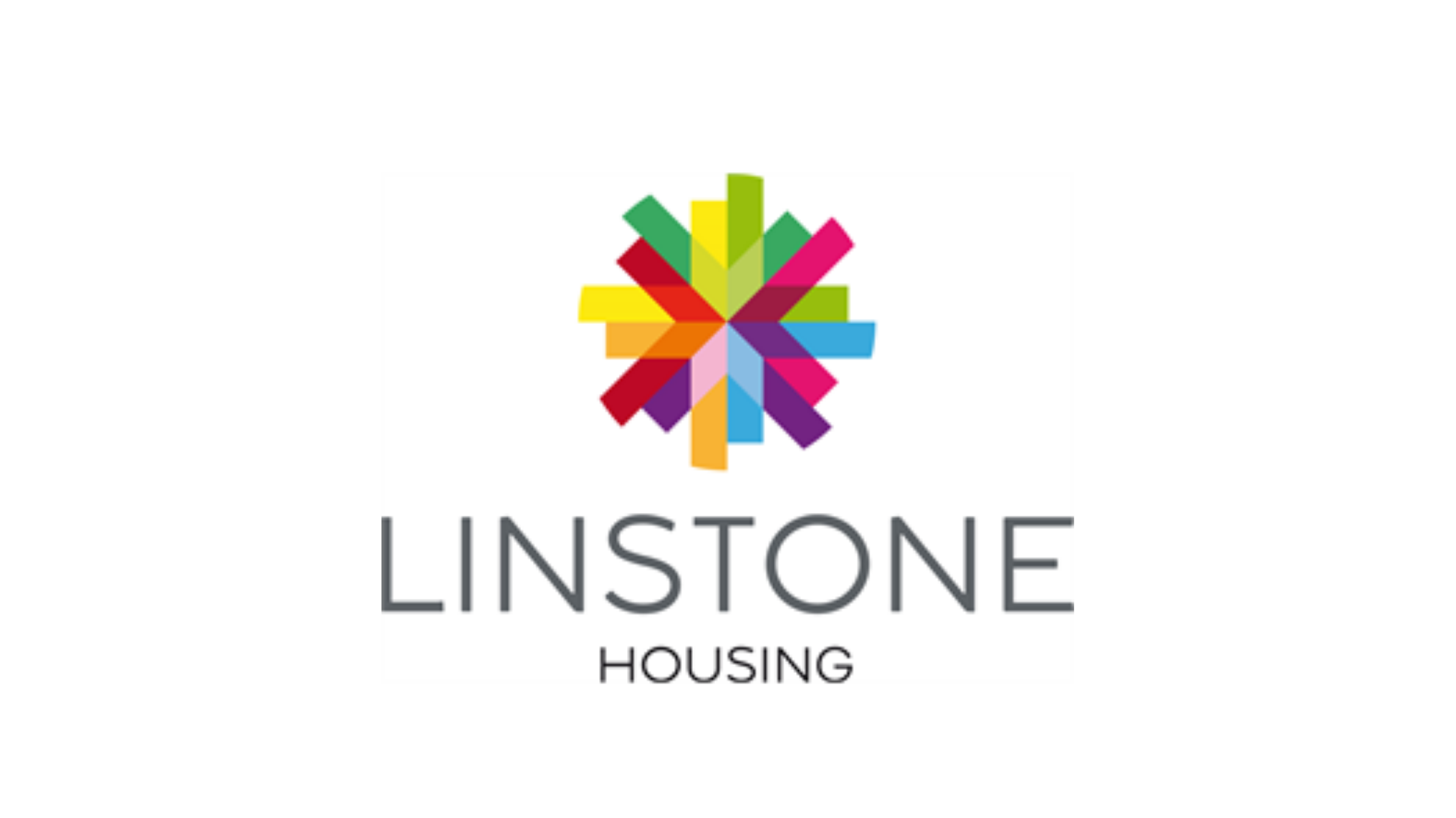Language and Accessibility Options
Linstone Housing Association

Key drivers for transitioning to digital telecare:
- To provide a proactive digital service for 21st Century;
- Improve communication between our residents, staff and families;
- To be a key player in the digital transition and evolve with new technology;
- Allow partnership working for current and future projects.
- PEN testing between Alarm Receiving Centre and manufacturer been initialised;
- Data Protection Impact Assessment (DPIA) being prepared on the outcome of the PEN testing;
- Full data check on information between ARC and RSL been completed;
- Collating current stock of equipment;
- Conducting survey on status of residents and their requirements;
- Completed Maturity Assessment checklist.
- Bield Response 24
- Chubb
- Tunstall
- Renfrewshire Council
- TECH
- Digital Telecare for Scottish Local Government
- Insufficient information on warden call systems on testing and outcomes. Alarm Receiving Centres and manufacturers working together is key to allowing full evaluation to be completed;
- Taking the next step and being confident that you are installing future proof equipment that is easy and cost effective to upgrade by looking at what is currently on the market and what is being developed;
- No specific framework to follow for digitalising Warden Call Systems, - detailed guidelines to follow at various steps and documentation is required at each point of the transformation. A Digital Project Framework or guidance pathway would be beneficial to follow stage by stage.
Next steps in digital telecare journey:
- Explore the use of personal devices within the Sheltered Housing Developments and in the wider community;
- Conduct full staff training on manufacturers and ARC requirements and also include a form of assessing residents needs or signpost to relevant professional body;
- Involve families with discussions on telecare services;
- Support staff and residents at all stages to inspire their confidence in moving to digital telecare.
Opportunities:
- Staff involvement and an overview on how external organisations operate;
- Internal IT staff given the opportunity to look at how the digital system will look outwith the RSL and to work in partnership to deliver a working set up;
- Ability to share ideas and allow different options to be considered;
- Opportunity to be involved in trial projects which allows you to test and try before rolling the full programme out;
- Review procedures and Major Incident policies for the Sheltered Housing Developments.
- Essential to be part of working groups and discuss outcomes;
- Interfaces upgraded at warden call systems is not an end-to-end digital system;
- Involve all partnerships in discussions and next stages;
- Be open and honest;
- Timescales can shift, you need to be flexible;
- Planning is key, include forward planning and budget requirements outwith the installation period.
Published date: August 2021
- ARTICLE BY
Digital Telecare -
SHARE ARTICLE
Facebook
Twitter
Linkedin - Subscribe to updates